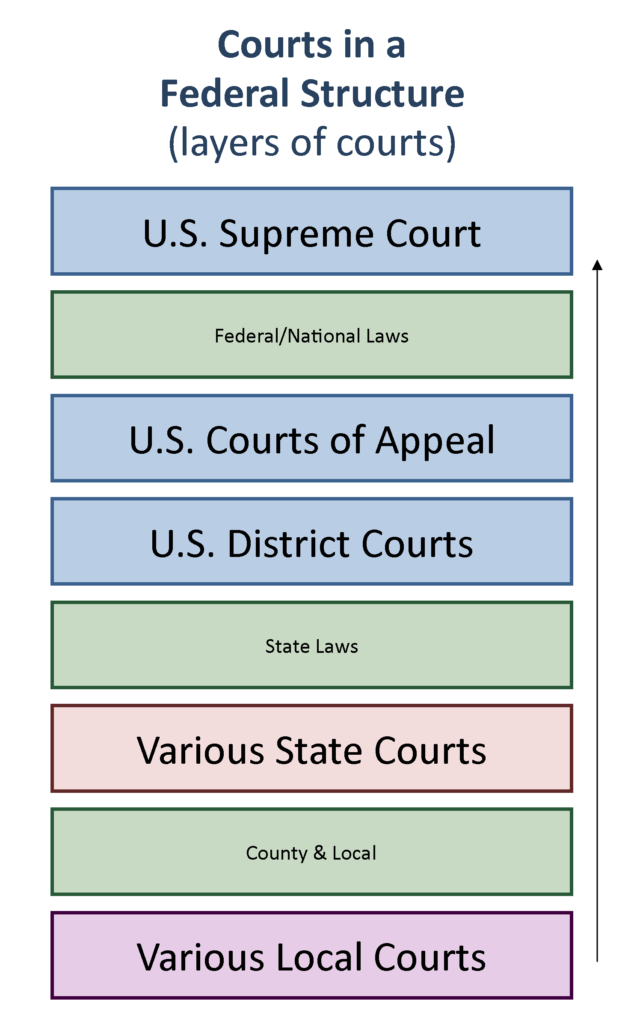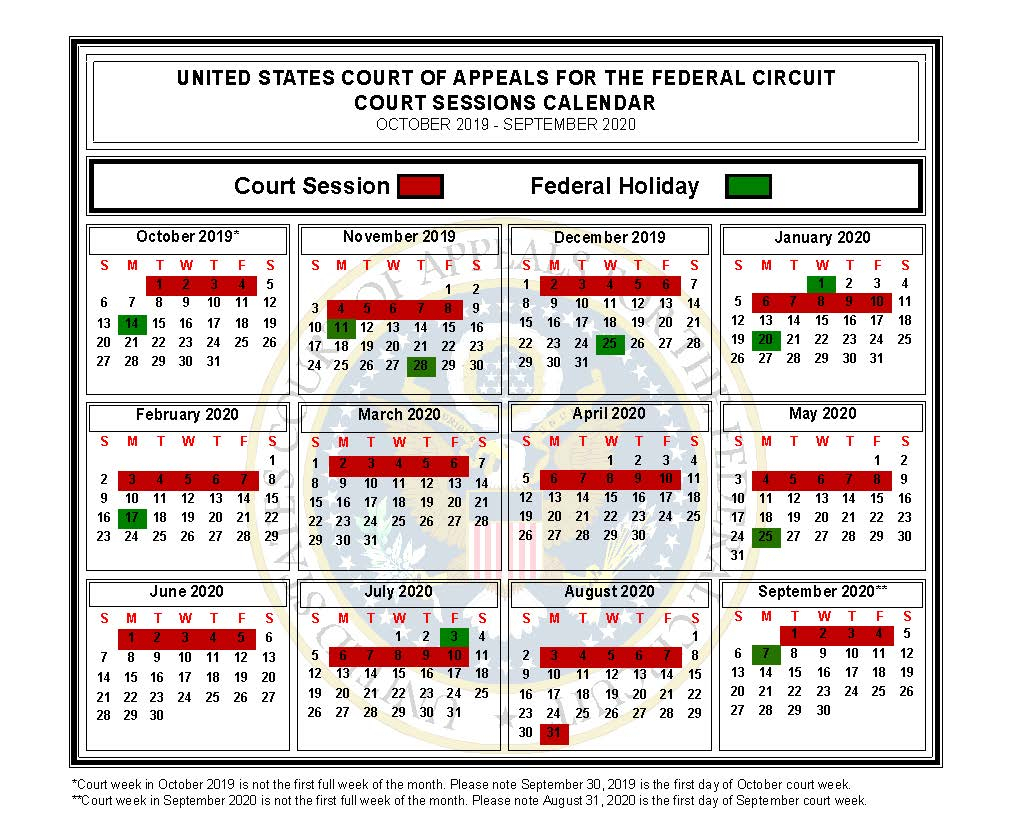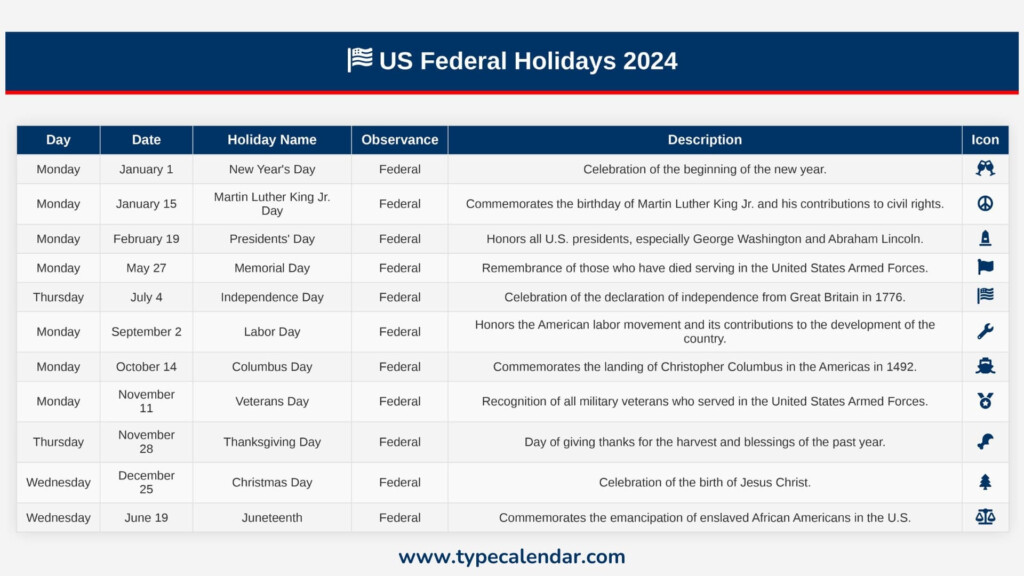Massachusetts Federal Court Calendar – The Federal Court Schedule could sound like simply one more lawful term, however it’s in fact a important part of how the lawful system operates in the United States. Without it, the courts would certainly be turmoil– a relentless shuffle of hearings, deadlines, and days that might conveniently fail the splits. Allow’s study what exactly a Federal Court Calendar is, why it matters, and how it influences everyone from lawyers and courts to the average resident. Massachusetts Federal Court Calendar.
Recognizing the Federal Court System
Prior to we talk about the Federal Court Schedule, it is essential to understand what makes federal courts different. In the United States, there are both government and state court systems. Federal courts handle cases including federal regulation, constitutional concerns, and disagreements in between states or citizens of various states. State courts, on the other hand, concentrate on state regulations and local disagreements.
The Federal Court system is consisted of three primary degrees:
- District Judiciaries: These are the high court where instances begin.
- Courts of Appeals: If someone loses a instance in area court, they can attract this degree.
- The Supreme Court: The greatest court in the land, managing only one of the most essential and precedent-setting cases.
What is a Federal Court Calendar?
A Federal Court Calendar is essentially a schedule that outlines the timetable of hearings, trials, and various other legal process within the federal court system. Think about it like a master schedule for all the instances that are being refined at the federal degree. This routine aids courts, lawyers, accuseds, and other interested parties stay on top of court dates and due dates.
But it’s not just a fancy planner! The Federal Court Schedule keeps the legal process arranged by setting dates for everything from pre-trial hearings to the final verdict. Without it, cases could be delayed for months, also years, interrupting the whole judicial system.
Key Parts of a Federal Court Calendar
So, what exactly does a Federal Court Calendar consist of? Let’s break down the key components:
- Instance Organizing: The schedule shows when certain instances will certainly be listened to in court. It consists of all the vital days, from initial hearings to the final decision or settlement.
- Hearings, Tests, and Punishing Dates: These are the heart of any court schedule. Understanding the dates of hearings, trials, and sentencing is important for every person entailed.
- Target Dates for Lawful Motions and Filings: Courts have rigorous deadlines for when documents need to be filed. These due dates are a essential part of the calendar to ensure that whatever progresses in a timely fashion.
Kinds Of Situations Listed on the Federal Court Calendar
A Federal Court Schedule isn’t limited to one type of case. It takes care of a vast array of lawful matters, including:
- Civil Situations: Disagreements in between individuals or organizations, such as claims for problems or breach of contract.
- Lawbreaker Cases: Instances where the federal government is prosecuting an specific or company for going against federal law.
- Appeals and Special Cases: Appeals to choices made in district courts or other diplomatic immunities, such as constitutional issues.
How to Gain Access To the Federal Court Schedule
Accessing the Federal Court Schedule has actually ended up being easier with modern technology. Several federal courts use online devices where you can inspect the schedule for upcoming cases. Sites like PACER (Public Accessibility to Court Electronic Records) enable you to look for particular cases and see their schedules. Nevertheless, delicate situations might have limited public accessibility to shield personal privacy or security.
Importance of Following the Federal Court Calendar
Imagine missing an important court date– it can result in severe lawful repercussions! Legal representatives, judges, and litigants rely greatly on the Federal Court Schedule to make certain they’re prepared for hearings and tests. Missing out on a day could imply a delay in justice, additional prices, or perhaps shedding a situation entirely.
For instance, if a lawyer falls short to submit a legal activity by the deadline noted on the court calendar, it could damage their client’s situation or result in charges.
Duty of Innovation in Taking Care Of Court Calendars
Gone are the days when court calendars were taken care of completely by hand. Currently, electronic court systems aid enhance the scheduling process, making it easier for courts to take care of several situations all at once.
- Digital Court Solutions: Modern technology allows courts to manage complex schedules effectively, making sure that instances move on efficiently.
- Online Scheduling Equipment: These devices make it less complicated for lawyers to stay on top of deadlines and prevent missing critical days. It’s like having a digital assistant that always remembers!
Challenges in Maintaining the Federal Court Schedule
While innovation has made managing the Federal Court Schedule much easier, there are still obstacles. Federal courts can become overburdened with the sheer number of instances they take care of. Hold-ups and posts ponement usually toss a wrench into the system, making it hard to stay with the schedule as prepared.
As an example, if one case is delayed, it may influence several other cases that were arranged on the same day. Keeping whatever running smoothly requires consistent modifications.
Exactly How the Federal Court Calendar Impacts the Public
You could not believe the Federal Court Calendar influences you, but it does! If you’re mobilized for court obligation, your participation relies on the court’s timetable. The schedule establishes when and where you’ll need to turn up, and it also influences how much time trials last.
Moreover, the Federal Court Schedule gives public accessibility to upcoming court process, allowing citizens to participate in hearings and tests if they want details cases.
Conclusion
The Federal Court Schedule is greater than just a schedule– it’s the backbone of the federal judicial system. From ensuring that lawful procedures progress successfully to aiding every person involved remain organized, it plays a important function in maintaining the regulation of legislation. Whether you’re a lawyer, a defendant, or just somebody curious regarding just how the system works, comprehending the Federal Court Calendar can provide you a clearer image of the complex workings of justice.
Frequently asked questions
- Exactly how can I watch the Federal Court Schedule for a details case?
- You can view the calendar online through devices like PACER, which permits you to look for situations by name or case number.
- What takes place if a case is rescheduled on the Federal Court Schedule?
- When a case is rescheduled, all parties involved are notified, and the new day is posted on the calendar.
- Are all court proceedings provided on the Federal Court Calendar?
- Many are, however sensitive instances or those including nationwide safety may have restricted public access.
- How do legal representatives keep track of Federal Court Schedule updates?
- Lawyers utilize both digital tools and court notifications to stay on top of changes and updates to the schedule.
- Is the Federal Court Schedule offered for the general public?
- Yes, the public can access the schedule for most cases, though some restrictions might apply in specific scenarios.


